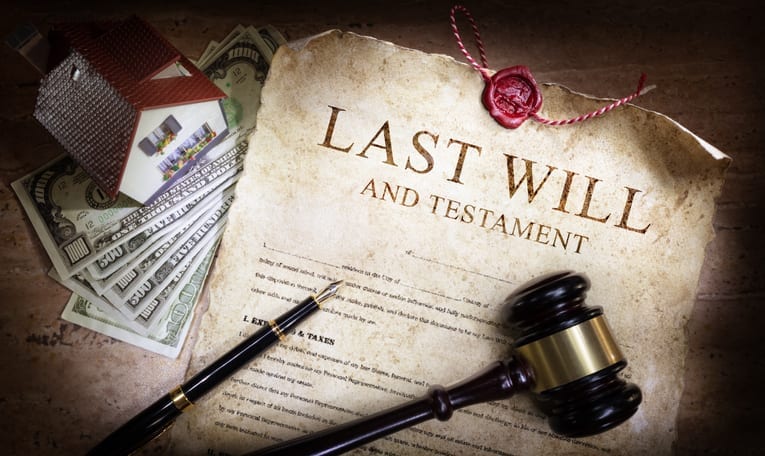
If you have decided that it is time to make an estate plan, you now have an important choice to make on who will be your estate planning attorney. Just as with any profession, there are differences among estate planning attorneys in terms of experience, specialization and even cost.
In many ways, the attorney that you select can have an impact on the quality and effectiveness of your estate plan, so it pays to do some research for this crucial planning process.
Here are a few questions to ask about any prospective attorney that may be recommended or otherwise comes to your attention:
Are they certified in estate planning by the California Board of Legal Specialization?
This is an additional specialization that goes beyond the standard California bar membership and includes a written exam, a certain level of estate planning experience, continuing education and positive evaluations by other attorneys.
Do they offer other services that relate to estate planning and managing family assets?
For example, if an attorney also has experience with business planning, taxation and elder care, they can offer a multifaceted legal service that addresses all family planning needs.
What is their process for a new client and what are the stages of estate planning?
The attorney should have a clear plan of how to approach your estate plan, along with the documents needed and estimated time and cost of completion.
Do you know anyone who has used their services, or do they have testimonials available?
Referrals can be of great value and you can ask friends or colleagues for names of reputable attorneys, as well as noting those attorneys who may be frequent speakers for community groups.
Can they personalize their service to meet your needs?
Not everyone has the time or even ability to make multiple visits to an attorney’s office, and it is worth inquiring if they can meet elsewhere or during off-hours to accommodate your unique needs.
What is their process for ongoing evaluation and follow up after the estate plan is complete?
As your circumstances change, you may need to update your estate plan periodically, but you may not know if it is necessary. Your attorney should have a system for regular communication and ‘check ups’ to make sure everything is current.